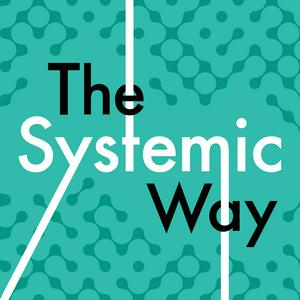In this episode, we reflect on the deeply moving documentary White Nanny, Black Child (2023), which explores Britain’s “farming” system — a practice through which over 70,000 West African children were fostered by white British families between 1955 and 1995.
Through the voices of nine adults who reunite to share their experiences, the film opens up tender and painful reflections on identity, belonging, and survival. We listen to the echoes of care and silence that continue to shape lives long after childhood — and we explore how systems of care can become systems of control when infused with colonial legacies and racialised assumptions.
We speak with Micheal Henry, the systemic therapist who facilitated the Tree of Life work featured in the film. Himself care-experienced, he shares his personal and professional reflections on holding space for these stories — the tensions of being both witness and participant — and the power of collective narrative practices in reconnecting people with identity, community, and pride.
Together, we consider what this story teaches us about how care systems remember, forget, and repair. How do we, as systemic practitioners, listen to what was once unspeakable? How do we make space for histories that live inside the present? And what might healing look like — for individuals, families, and the systems that raised them?
An invitation to think, feel, and reflect systemically on survival, silence, and the enduring search for belonging.
Film Reference:
White Nanny Black Child. Directed by Andy Mundy-Castle, Doc Hearts and Tigerlily Productions, Channel 5, 2023.
Micheal Henry Bio:
Michael Henry, is an African-centred Systemic Family and Couples Psychotherapist based in North London. With over 30 years of experience supporting individuals, families, and organisations, Michael brings deep insight into complex trauma, relationships, and identity.
A UKCP and AFT-accredited clinician, Michael’s approach blends Systemic Psychotherapy, African Psychology, and Integrative practice, drawing on training in Narrative Therapy, Gottman Method, Emotionally Focused Therapy (EFT), EMDR, and Brainspotting.
Born and raised in East London to Jamaican parents, Michael’s work is grounded in cultural awareness, compassion, and wisdom. His journey—from youth work and child protection to psychotherapy and organisational consulting—reflects a lifelong commitment to understanding how people grow, heal, and connect.


